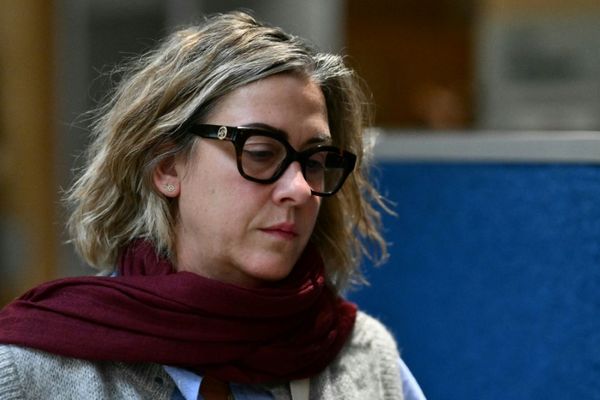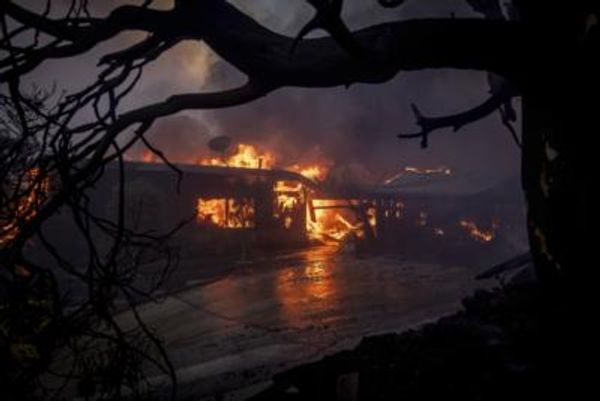
Title: Retired General Provides Insight on Ukraine's Military Situation and Funding
In a recent interview, a retired general shed light on the military situation in Ukraine and the skepticism surrounding aid for both Ukraine and Israel. The general emphasized the critical importance of supporting Ukraine's defense efforts to prevent Russia from seizing the country and establishing military bases near NATO borders.
Given the uncertainty surrounding funding for Ukraine, the general remarked that the Ukrainian forces have become cautious, conserving their resources in anticipation of potential aid delays. Meanwhile, the Russian military is taking advantage of this situation by advancing towards Avodinka and the vicinity of Kharkiv, resulting in a momentum shift in favor of Russia.



The retired general stressed that the survival of Ukraine goes beyond a matter of national security and poses a crucial global interest. Preventing Russia from claiming Ukraine and establishing military bases near Poland and Romania is vital to maintaining stability and countering the threat of hybrid warfare in Eastern Europe, particularly within NATO countries.
The general pointed out that Russia has already begun setting the conditions for hybrid warfare in the Baltics, mirroring its actions in Crimea. The Russian government has started promoting falsehoods claiming that Russian minorities in these regions require assistance to counter alleged oppression. Putin believes that the United States lacks the political resolve to see the conflict through, which strengthens his belief that Russia will eventually gain the advantage as the US and Europe lose momentum.
Addressing concerns about the allocation of funds, the general clarified that the majority of the earmarked $60 billion for Ukraine goes to replenishing US defense industry stocks and supporting job creation in this sector. This dispels a false narrative that the funds are being diverted to pensions or government bureaucracy.
Reportedly, the map of control in 2023 and 2024 shows minimal movement on the front lines, leading some critics to advocate for immediate negotiations and labeling the situation as a stalemate. However, the retired general debunked these claims, stating that Putin has no interest in negotiated settlements, as he believes the situation is in his favor both militarily and politically.
Reflecting on past operations, the retired general acknowledged the mistakes made in previous attempts to counter Russian aggression. He highlighted the need to provide Ukraine with the necessary specialized equipment and to tailor strategies to the Ukrainian military's strengths rather than imposing US and NATO doctrine upon them.
The general concluded by expressing optimism that, with proper support and timely provision of weapons, Ukraine could regain control over certain territories through smaller, decentralized operations. These operations would exploit Russia's vulnerabilities and weaknesses, rather than attempting a large-scale offensive with unrealistic expectations.
As the situation unfolds, the general suggested that success in securing funding for Ukraine's defense efforts is vital to ensure Ukraine's stability and prevent further Russian aggression.







